Description
Azotek (250mg) Tablets contain Azithromycin, a macrolide antibiotic that effectively treats bacterial infections. It works by inhibiting bacterial growth, helping the body fight infections in the respiratory tract, throat, ear, skin, and urinary system.
Azotek is known for its once-daily dosing and short treatment course, making it convenient for adults and children (as prescribed) while providing rapid relief from bacterial infections.
Ingredients
-
Active Ingredient: Azithromycin Dihydrate (equivalent to 250mg Azithromycin)
-
Inactive Ingredients: Microcrystalline cellulose, magnesium stearate, sodium starch glycolate, film coating agents
Drug Class
-
Pharmacological Class: Macrolide Antibiotic
-
Therapeutic Class: Antibacterial
Dosage Form
-
Form: Film-coated Tablet
-
Strength: 250mg
-
Pack Size: 6 Tablets
Uses
Azotek 250mg is prescribed for:
-
Respiratory tract infections (bronchitis, pneumonia)
-
Throat infections (tonsillitis, pharyngitis)
-
Ear infections (otitis media)
-
Skin and soft tissue infections
-
Typhoid fever
-
Urinary and genital tract infections
-
Certain sexually transmitted infections (e.g., chlamydia)
Dosage
⚠️ Always follow the doctor’s instructions for dosing and duration.
-
Adults:
-
Typical dose: 500mg on Day 1, followed by 250mg once daily on Days 2–5, OR
-
250mg once daily for 3–5 days as prescribed.
-
-
Children: Dose based on body weight: usually 10mg/kg/day for 3 days.
-
Swallow tablets whole with a full glass of water.
In Case of Overdose
-
Symptoms: Nausea, vomiting, diarrhea, temporary hearing issues
-
Action: Contact a doctor or visit the nearest emergency facility immediately
Missed Dose
-
Take the missed dose as soon as remembered.
-
If it is almost time for the next dose, skip the missed one.
-
Do not double the dose.
How To Use
-
Take Azotek exactly as prescribed by your healthcare provider.
-
Tablets may be taken with or without food.
-
Swallow whole with water.
-
Complete the full prescribed course even if symptoms improve early.
When Not to Use
Do not use Azotek if the patient:
-
Is allergic to azithromycin, erythromycin, or other macrolide antibiotics
-
Has a history of liver disease or jaundice from previous antibiotics
-
Has heart rhythm disorders (QT prolongation)
-
Is taking ergotamine derivatives (migraine medications)
Side Effects
Common:
-
Nausea, diarrhea, abdominal discomfort
-
Headache, dizziness
-
Mild rash, fatigue
Rare / Serious:
-
Severe allergic reactions (swelling, difficulty breathing)
-
Irregular heartbeat
-
Liver dysfunction (yellowing of skin or eyes)
-
Severe diarrhea (possible Clostridium difficile infection)
Seek immediate medical attention if serious symptoms occur.
Precautions & Warnings
-
Use cautiously in liver, kidney, or heart disease.
-
Avoid taking antacids with aluminum or magnesium close to dosing.
-
Treats bacterial infections only, not viral infections like cold or flu.
-
Consult your doctor if pregnant or breastfeeding.
-
Inform your healthcare provider about all medications being taken.
Drug Interactions
-
Warfarin – may increase bleeding risk
-
Digoxin – may increase digoxin levels
-
Cyclosporine – may increase toxicity
-
Ergotamine – risk of ergot toxicity
-
Antacids – reduce absorption if taken together
-
Antiarrhythmic agents – increased risk of QT prolongation
Storage/Disposal
-
Store below 25°C in a cool, dry place
-
Protect from sunlight and moisture
-
Keep out of reach of children
-
Do not use after the expiry date
-
Dispose of safely according to local regulations
Control Drug
-
Prescription-only medicine (Rx)
-
Not a controlled substance
Quick Tips
💡 Helpful Advice:
-
Take at the same time each day for best results
-
Complete the full course to avoid antibiotic resistance
-
Do not share the medicine with others
-
Avoid dairy or calcium supplements near dosing time
-
Drink plenty of water to aid recovery





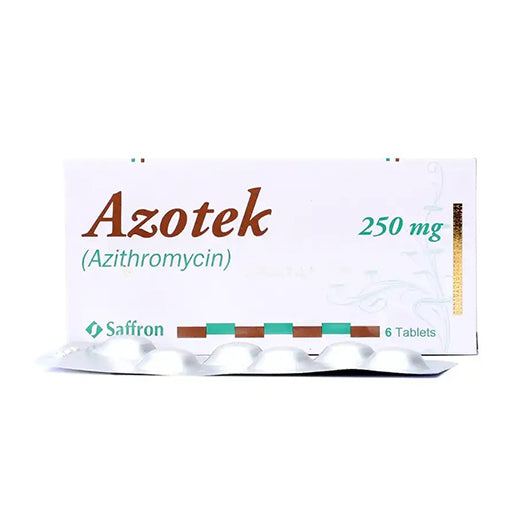
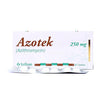

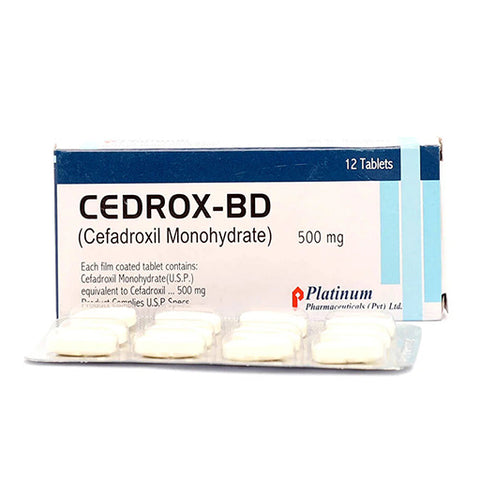

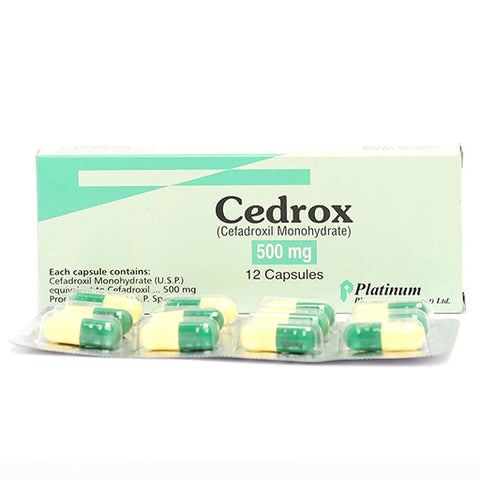

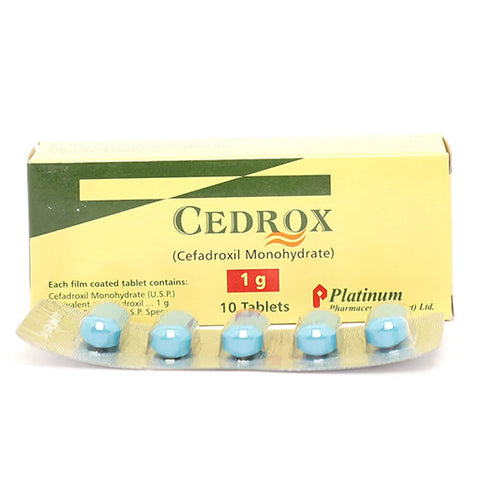

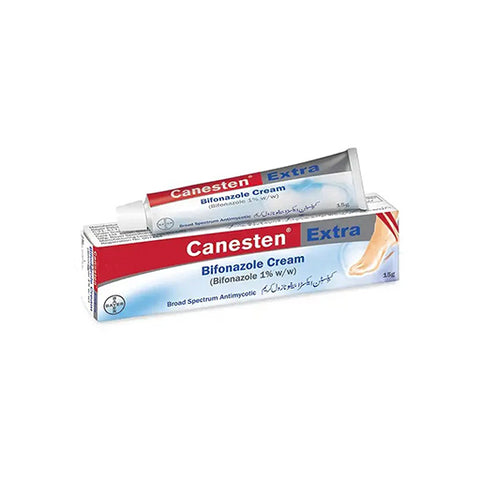

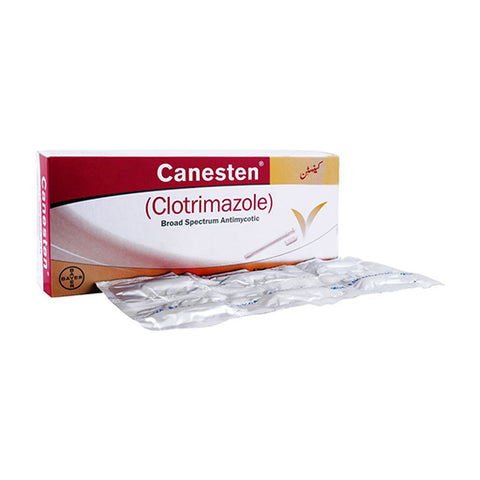



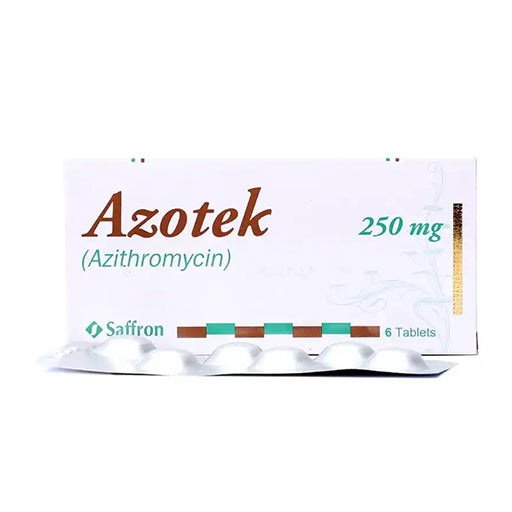



 Chat with Us
Chat with Us
